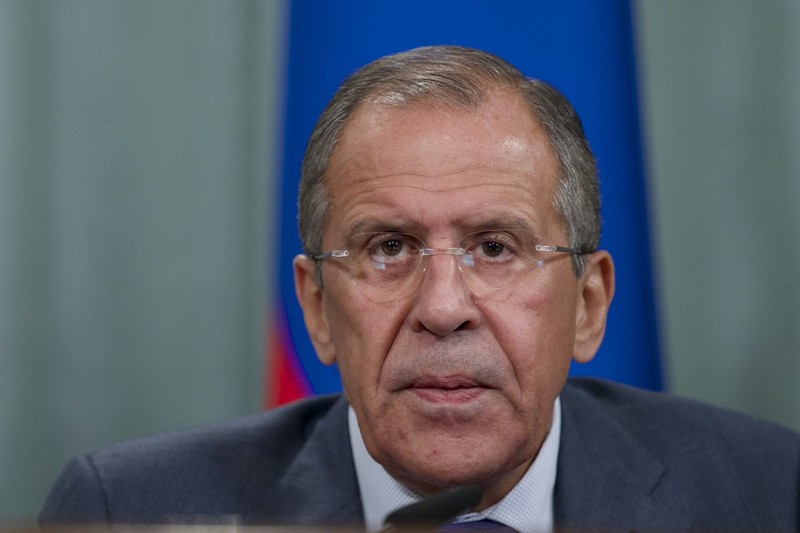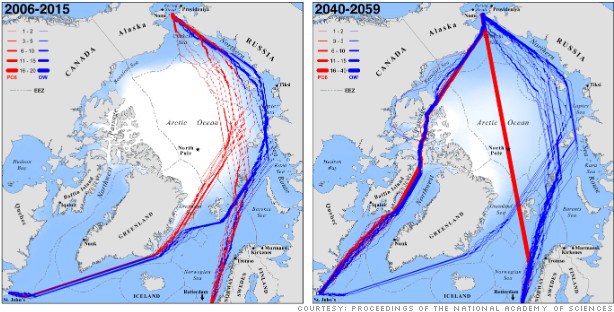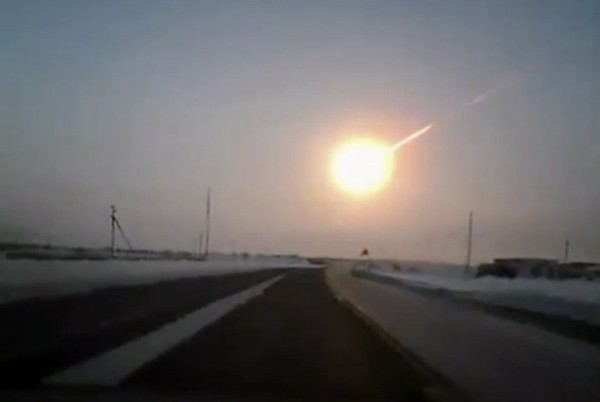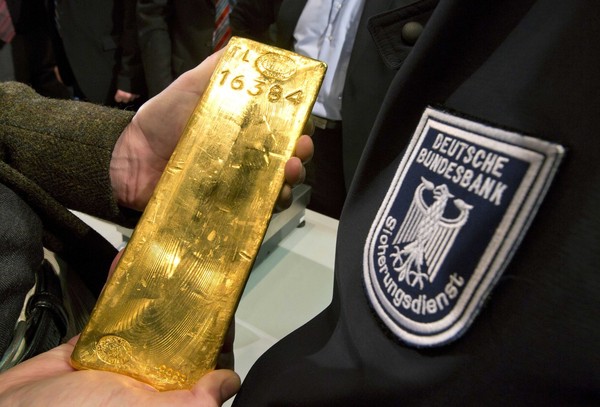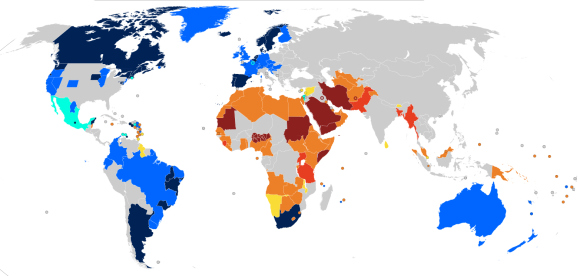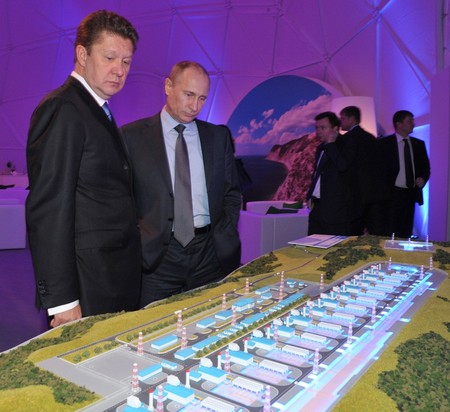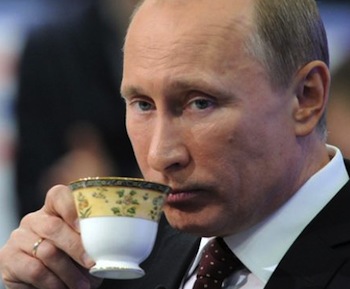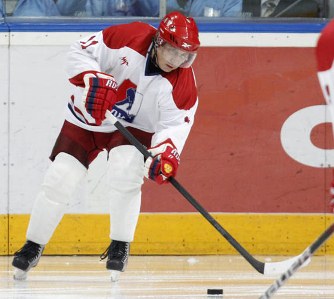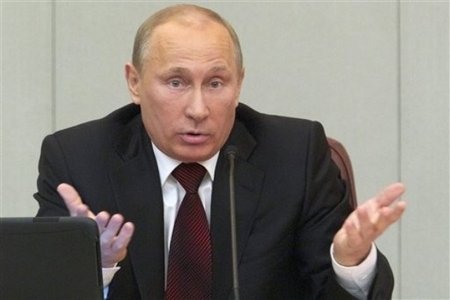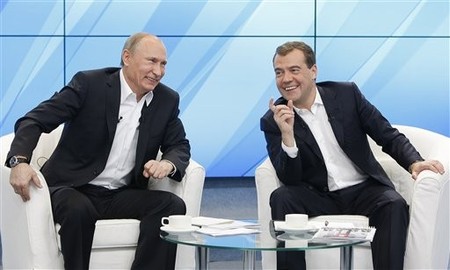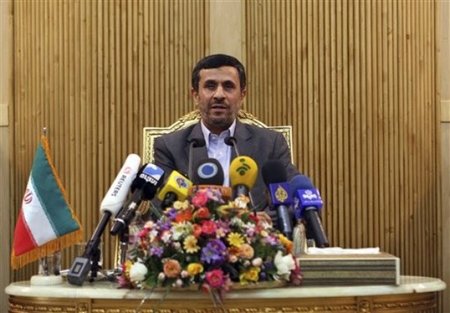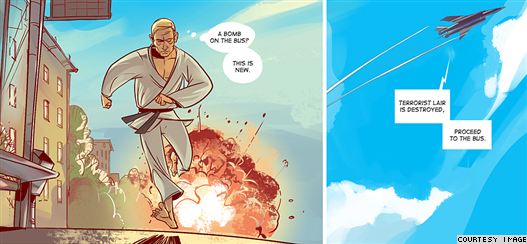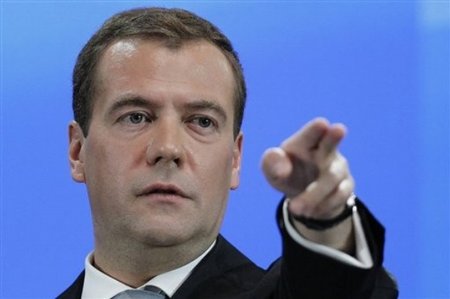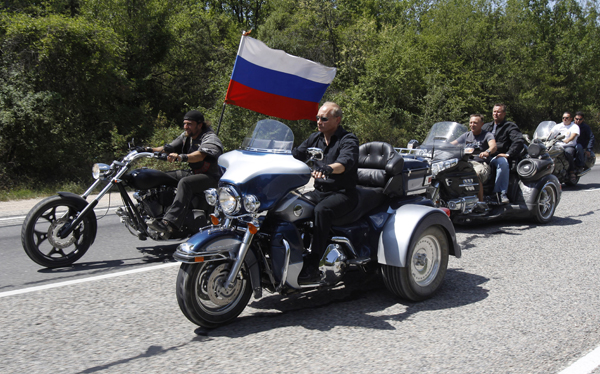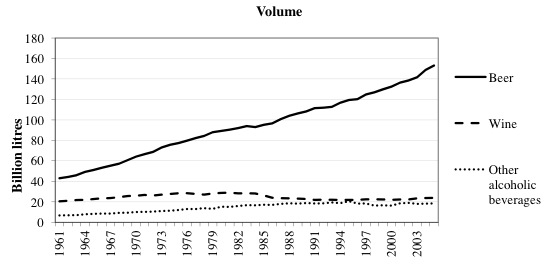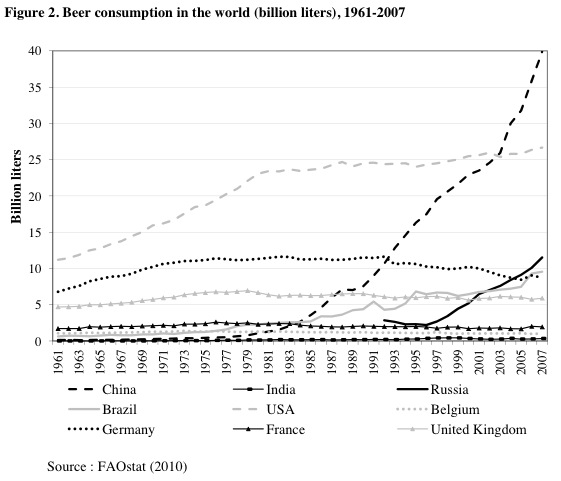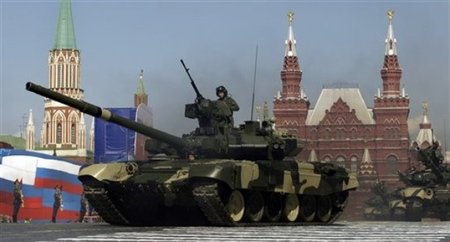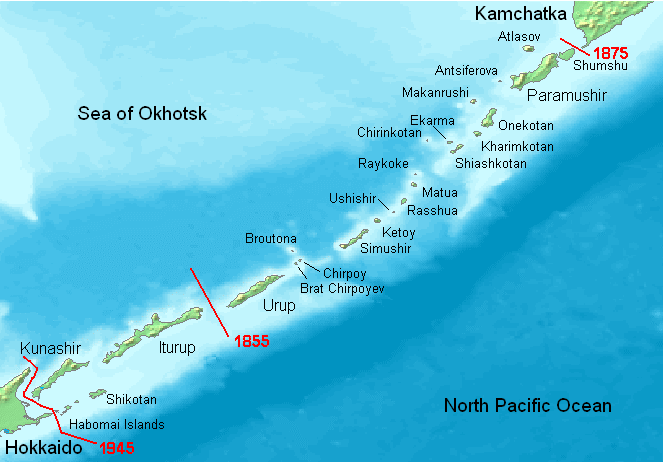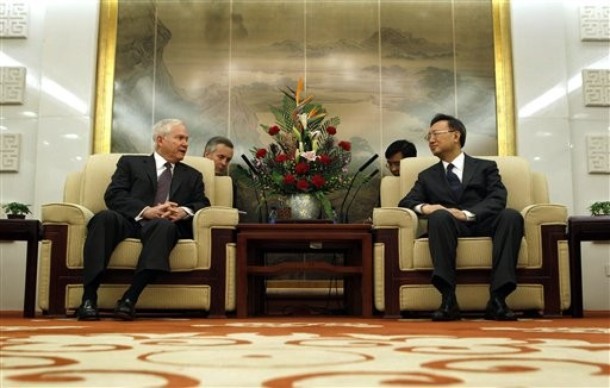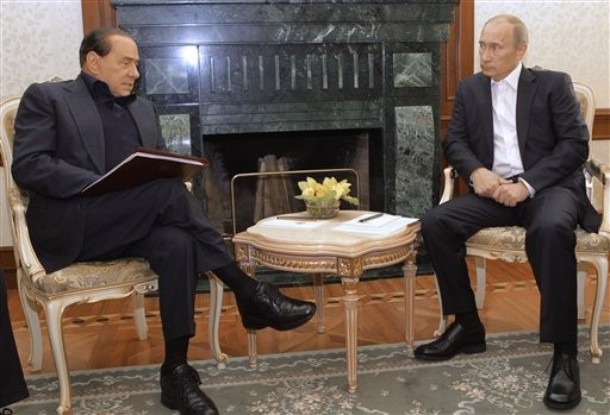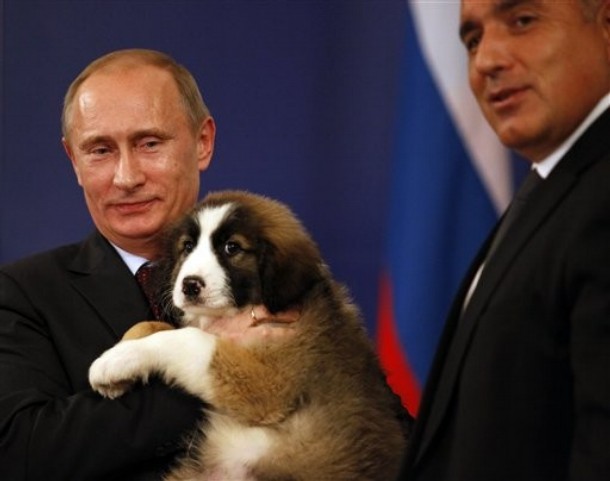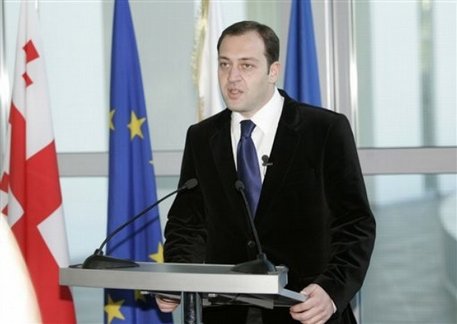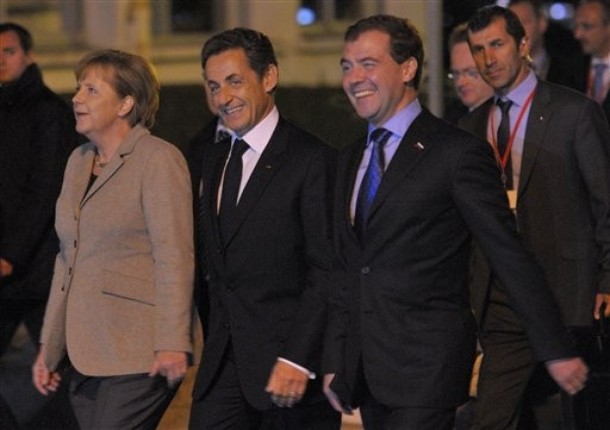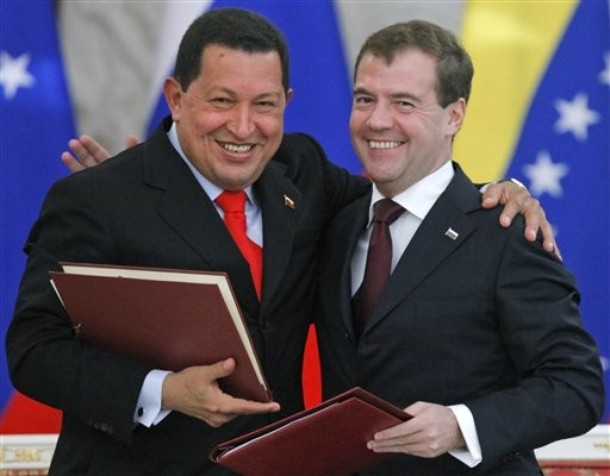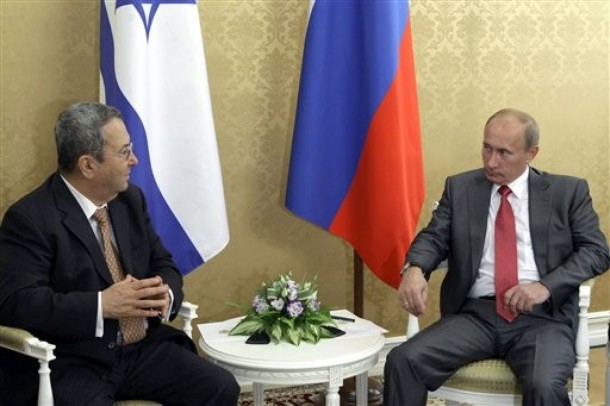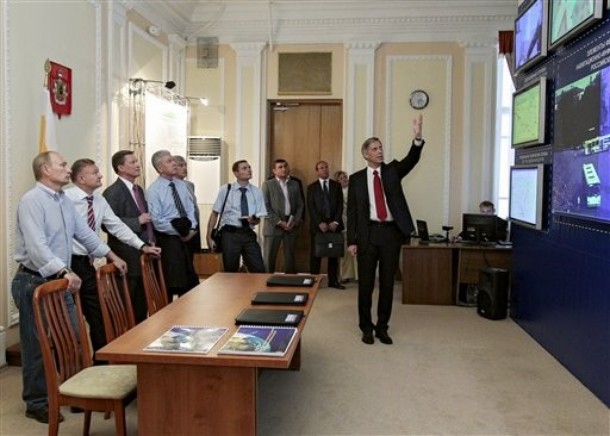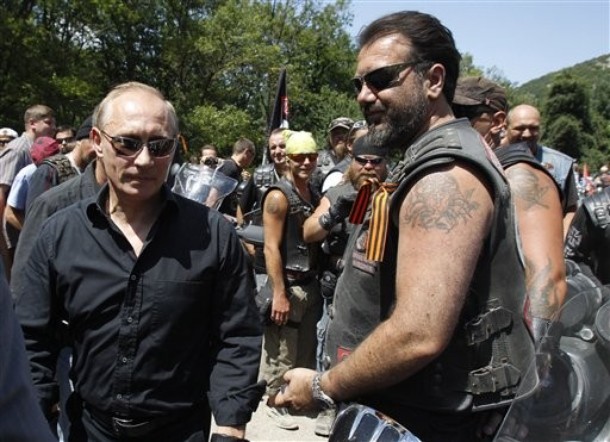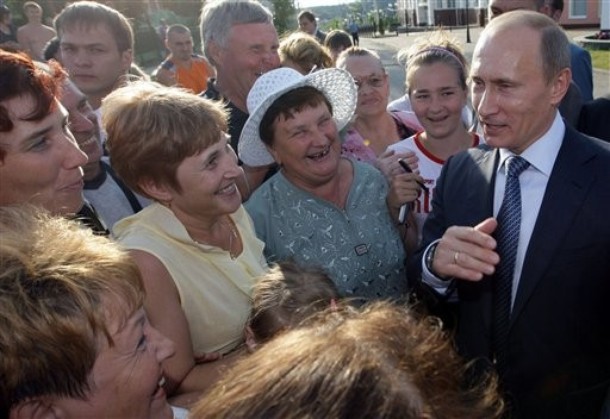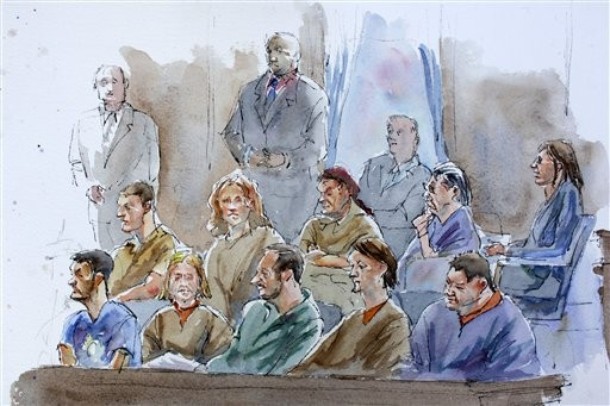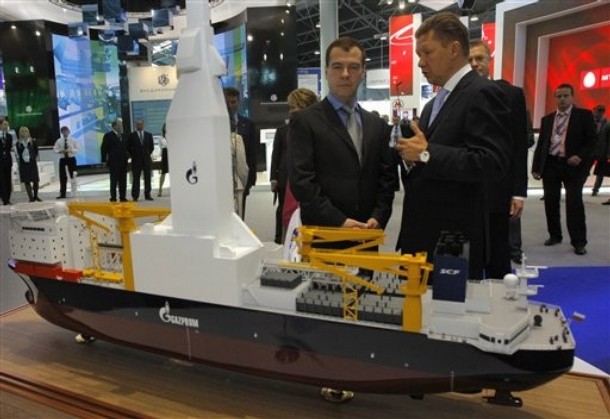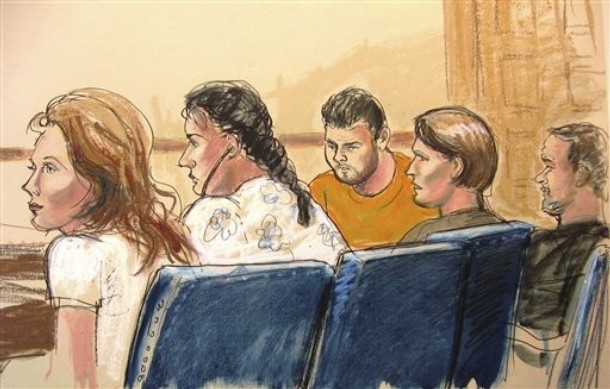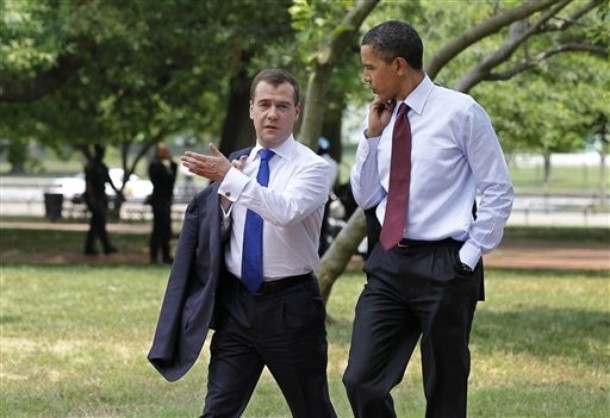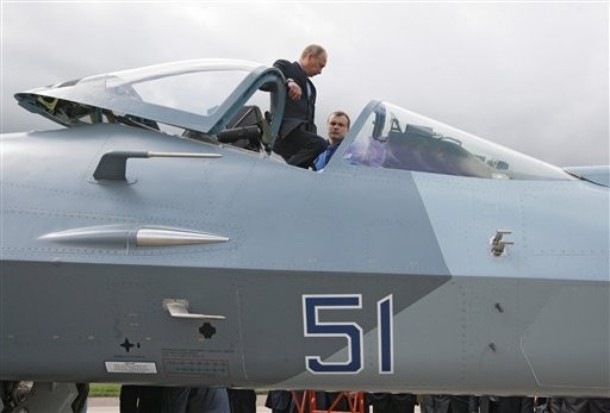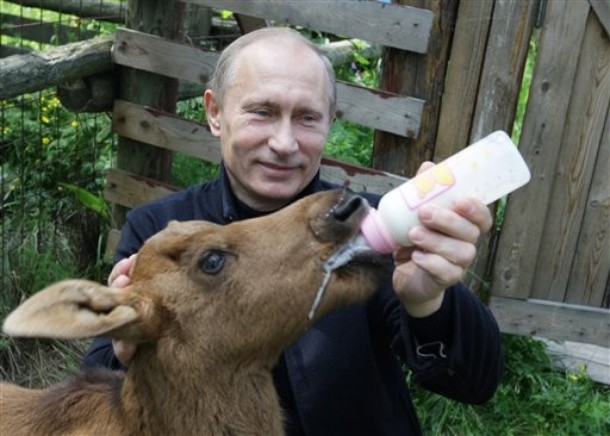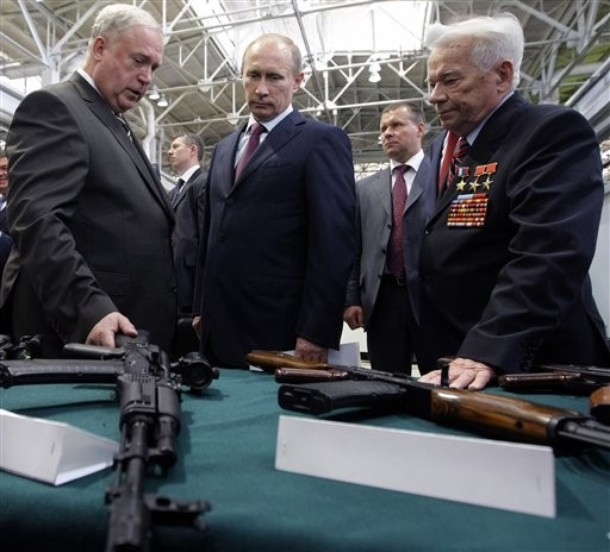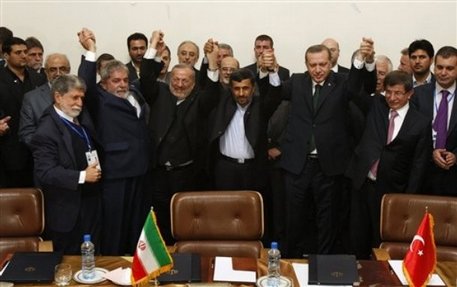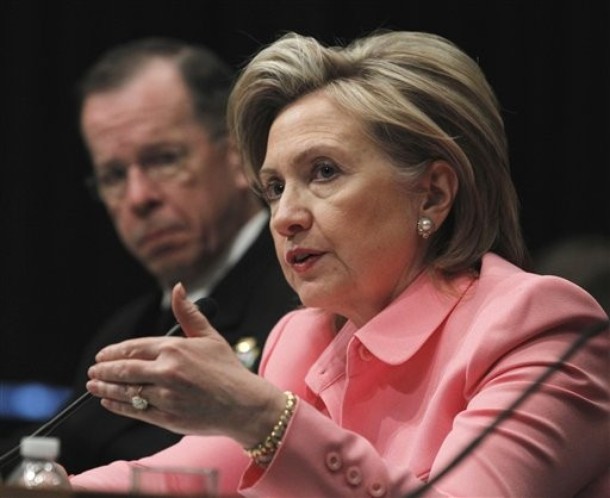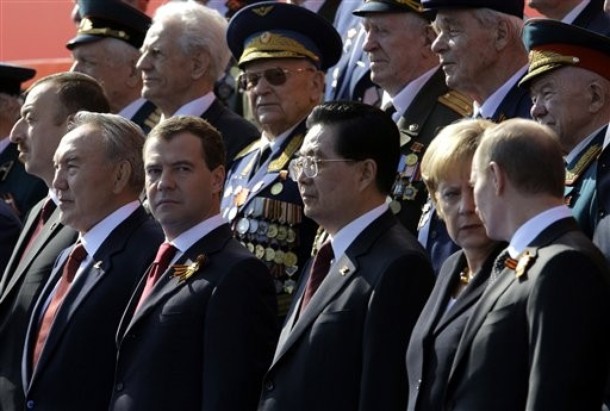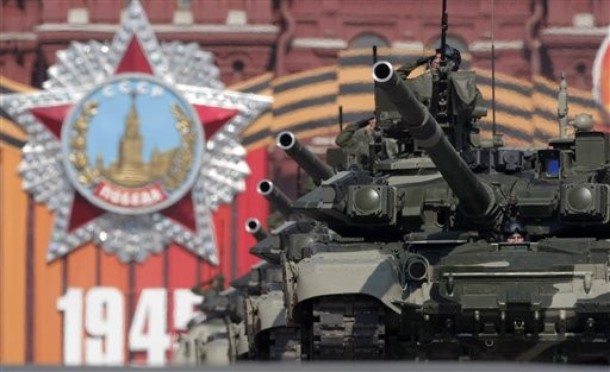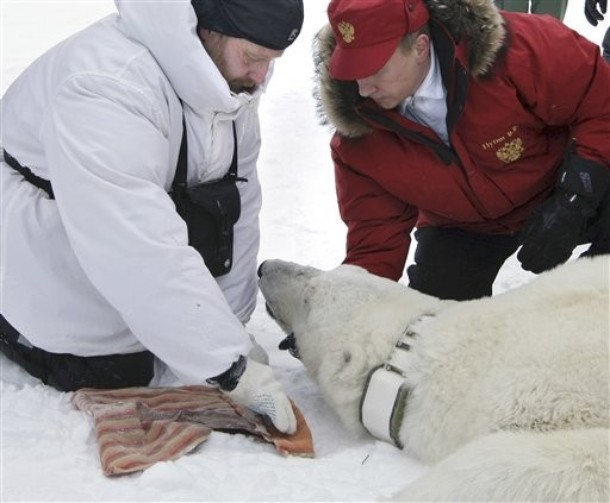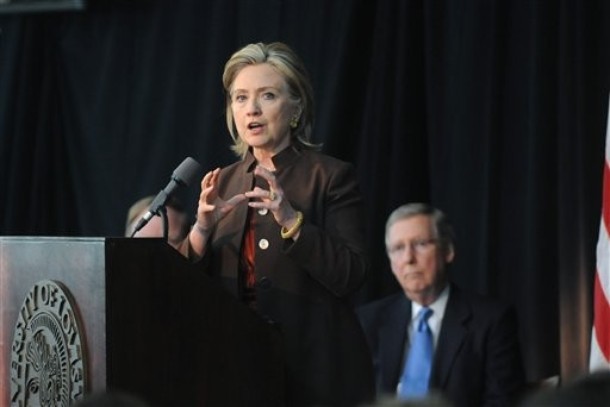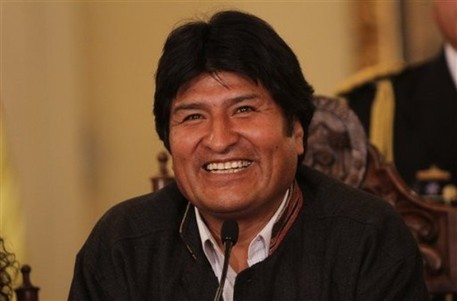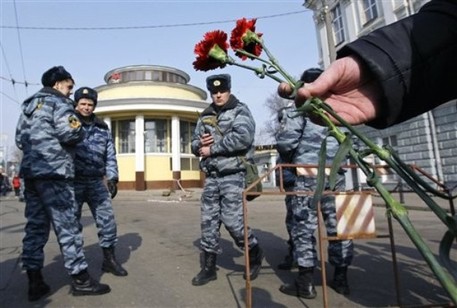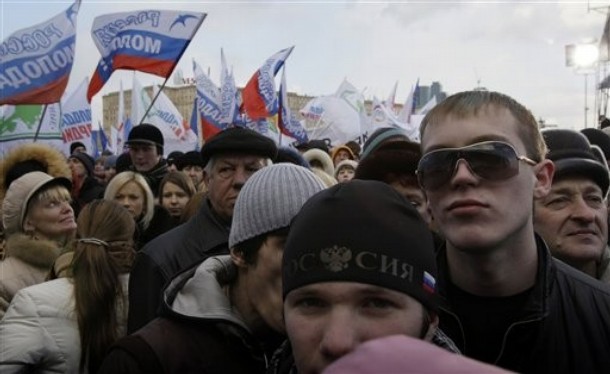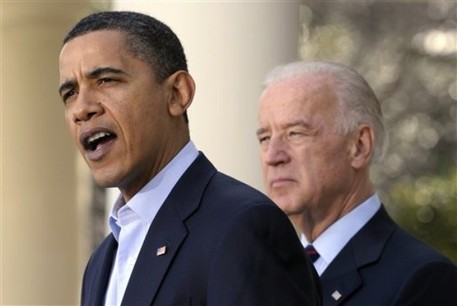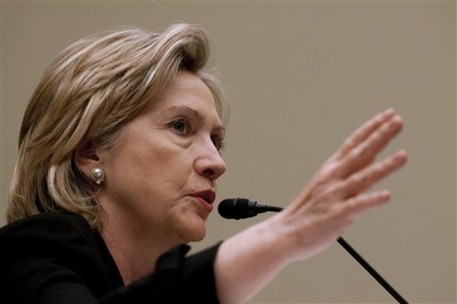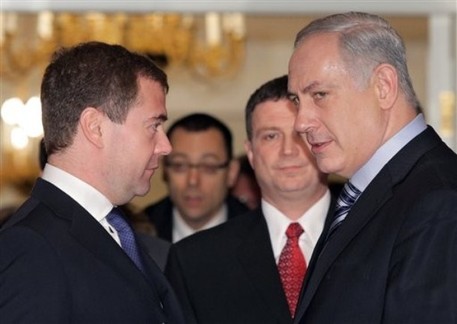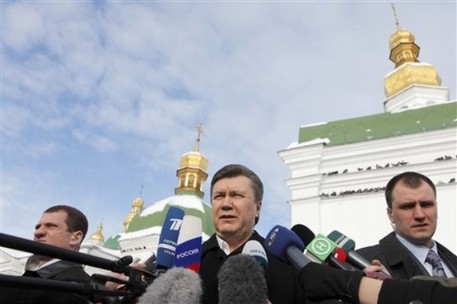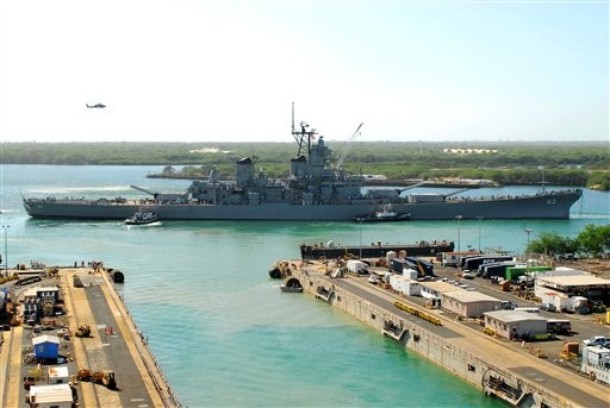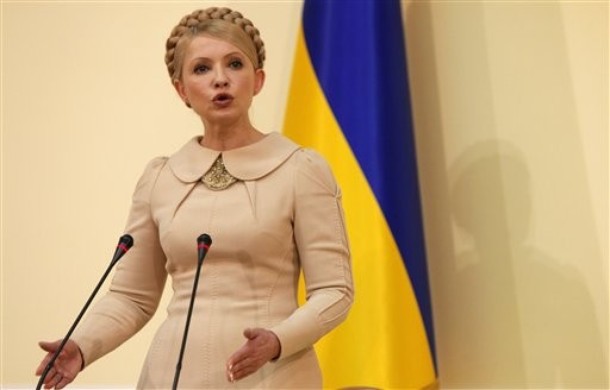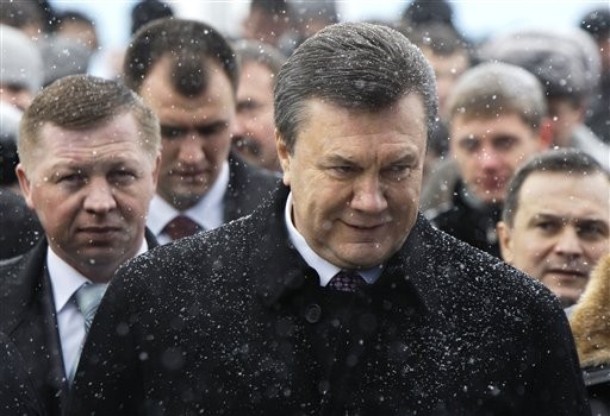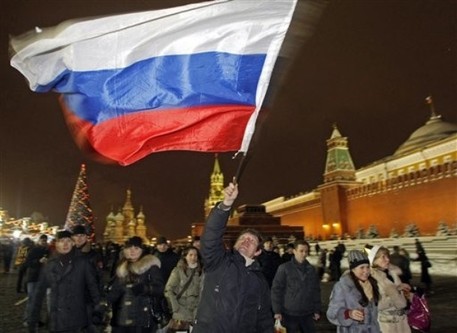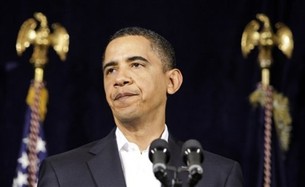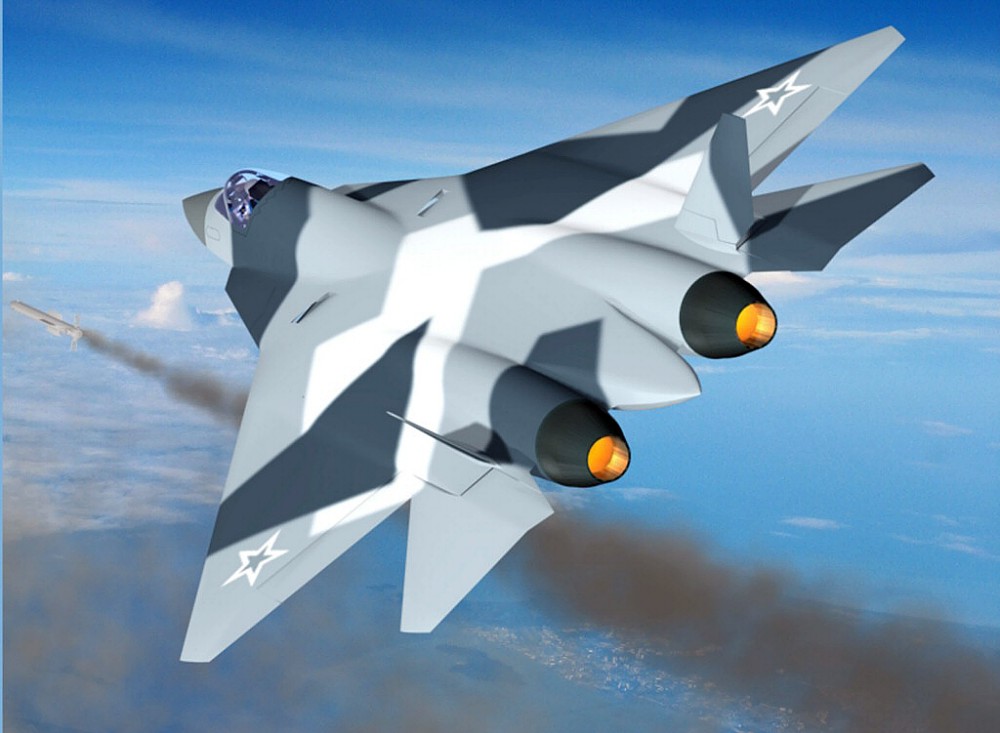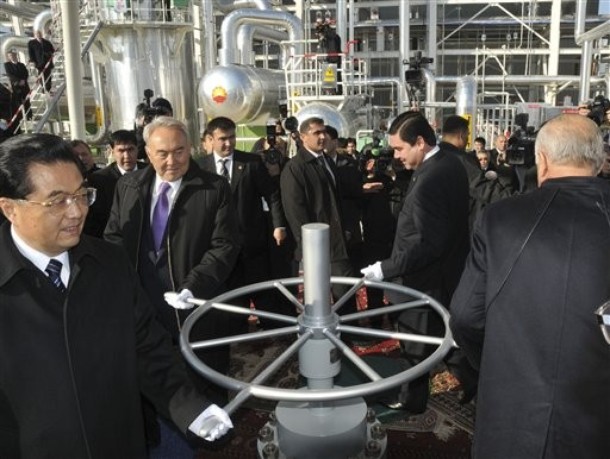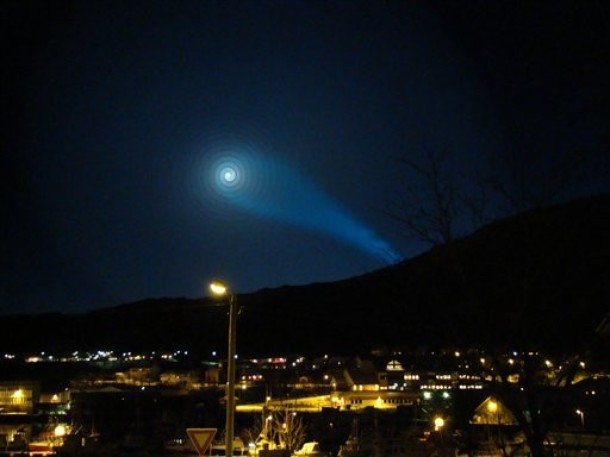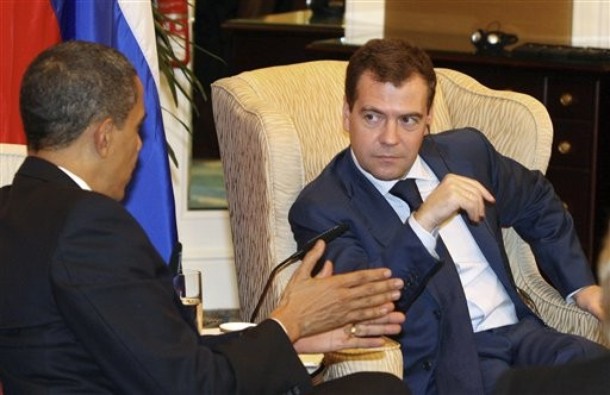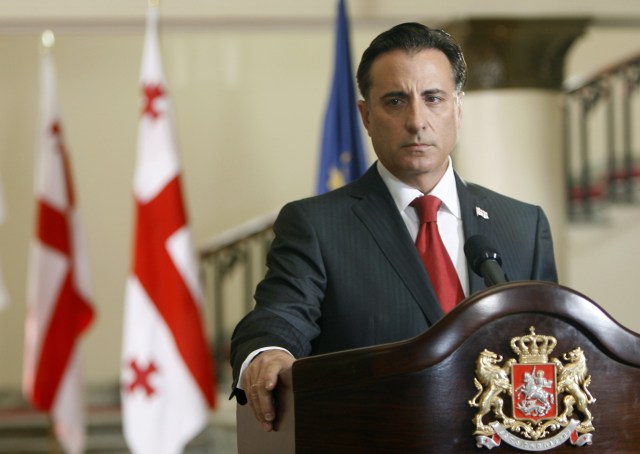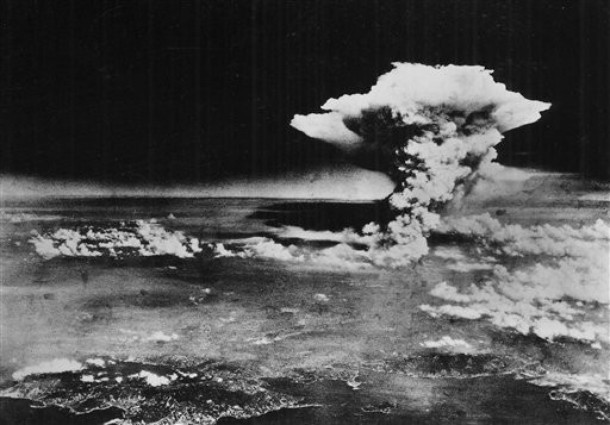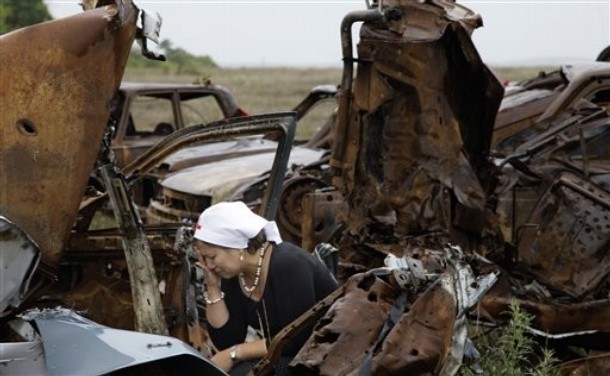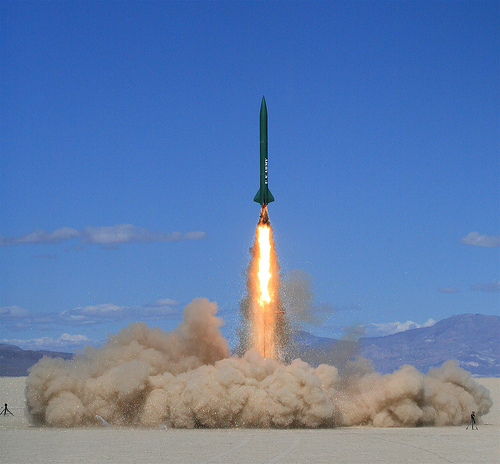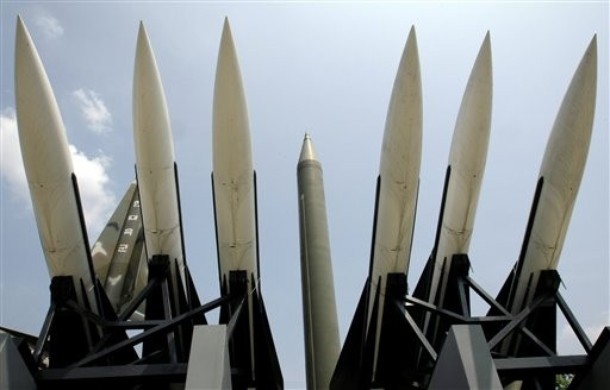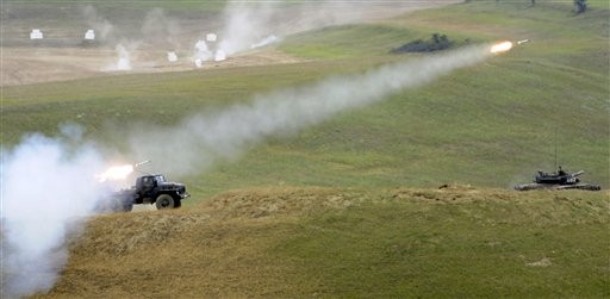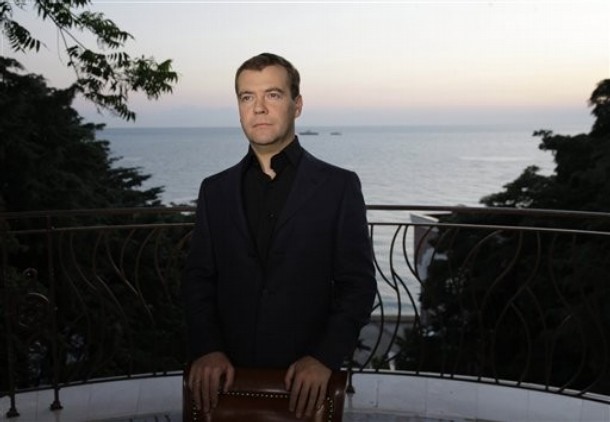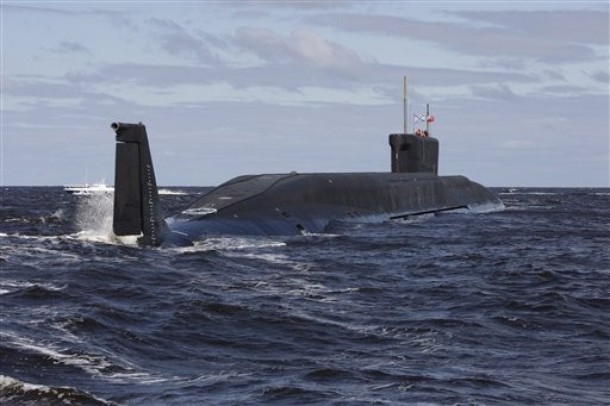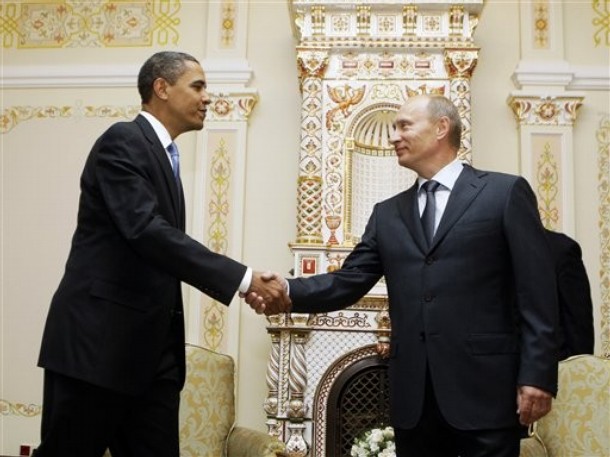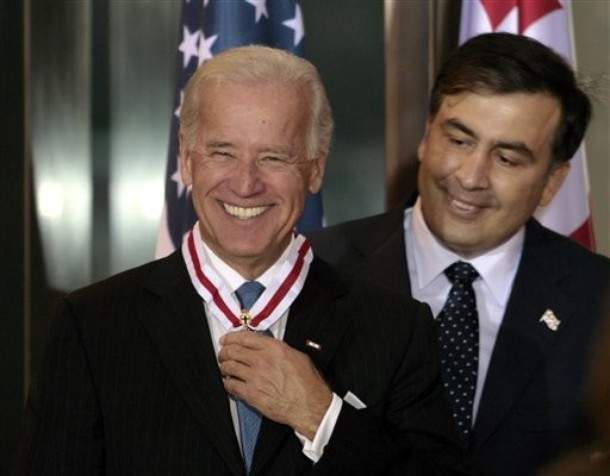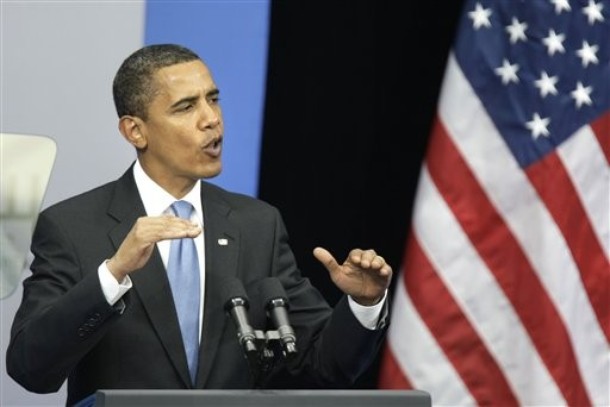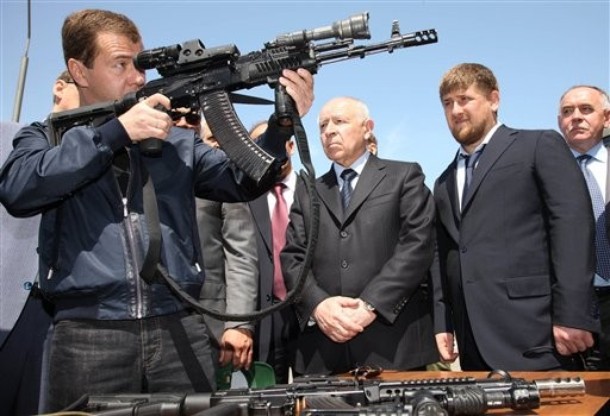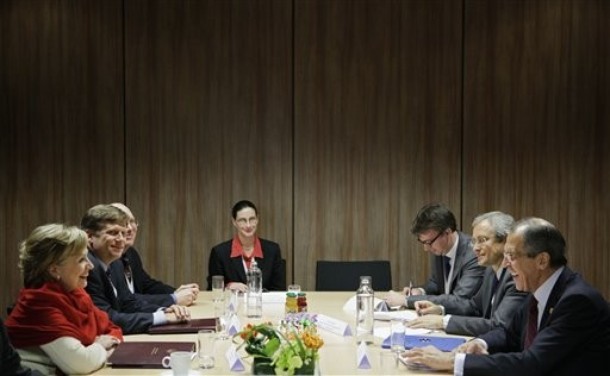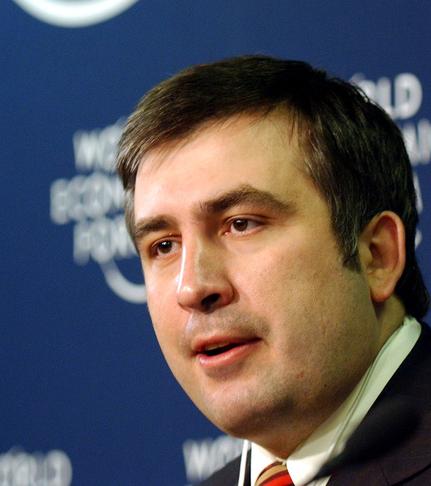Russian political establishment is brimming with rumors over possible "retirement" or "alternate promotion" for Anatoly Srdyukov, the country's Defense Minister. Currently, he took two weeks off for vacation, which he will spend in Russia. As reported by the daily "Izvestia", "according to experts, there are many formal reasons for the departure of Defense Minister Serdyukov. The main reason is the reversal of military reforms that he championed for a long time In fact, recently, Defense Minister admitted that the country will have to wait with the formation of the "new" Armed Forces. Even the redesign of the military uniform itself has been canceled - the army has no money. The ongoing reduction of all troops from 1.2 million to 1 million active personnel has not gone well - officers complained about lack of severance payments and lack of promised housing."
There are even predictions of possible successors to Serdykov - all of them with actual military experience and credentials. However, Kremlin officially refutes Serdyukov's possible resignation. "There is no reason for this - this is nothing more than unfounded rumors," a high-ranking source told "Izvestia." The paper notes that at a recent military panel, President Dmitry Medvedev publicly and fully supported Serdyukov's military reforms.
While Russian economists and politicians are battling the ever growing economic downturn across the country, Russian defense exporters are preparing for a brighter outlook for domestic military hardware. Russian helicopter industry is gearing up for the global growth in civilian, military and dual-use rotocraft. In order to gauge the global demand, Moscow launched in 2008 an exposition called "HeliRussia", in which domestic and international companies exhibit their products for an international audience. According to Andrei Reus, Chairman of "Oboronprom" Defense holding - which includes domestic helicopter producers - Russia is steadily gaining momentum in rotocraft production. This year alone, the holding company plans to produce 200 new helicopters, and by 2015 - to take 15% of the world rotorcraft market.
Heli Russia took place in Moscow for the second time, aiming to demonstrate the achievements in the design, construction and maintenance of helicopters. Chairman Reus is optimistic: the portfolio of orders for the helicopters produced in Russia is 400 units for the next few years. Oboronprom's ultimate aim - to bring sale profits to 400 billion rubles($13 billion). Given such a huge number, is such a prognosis realistic, with intense competition from American and European firms in the global rotocraft industry?
It appears Russian helicopter companies are not just banking on the new orders, but on the long-term maintenance of existing machines all over the world. This year, domestic designers have something to be proud of - they started serial production of two combat helicopter models - Mi-28N and Ka-52. There is also ongoing work on the new transport helicopter Mi-38, which will soon be presented to the international as well as the domestic market. The situation for the domestic helicopter industry is so optimistic that for the first time in many years, Russian engineers started talking about launching work on a fundamentally new class of high-speed next-generation helicopters. This project will be the joint work of "Kamov" and "Mil" companies, which are designing Ka-92 and M-X1 models. Both are still in the mock-up stage - however, according to the chief designer of "Kamov Helicopters" Sergey Mikheev, designers in both firms are actively working on the concepts. Both firms are trying to catch up and compete with American "Sikorsky" company, which is developing X1 and X2 high speed helicopters with reconnaissance and intelligence applications. However, even with the new and advanced machines up win the air, the world will still fly on older Mi-8 Soviet-made models for the next 40 years, according to designer Mikheev. Mi-8 helicopter was put in serial production in late 1960s, and is the most massively produced rotocraft in the world.
This past week, Prague hosted a forum titled "Dialogue of Civilizations", which brought together Russian ad European economists and policymakers to discuss current problems, such as economy and social development. The forum's president, Vladimir Yakunin, spoke at length about what awaits Russia and Europe in the next decade. According to Yakunin, "the wild disparity between the value of the real economy and paper money has long been clear. Once again, humanity - and Russia in particular - had received confirmation of the biblical commandment "do not make idols unto yourself to worship." First, there was an idol in the form of socialist theory, which, perhaps, remains the most advanced theory. Then we announced on the ruins of the socialist system that socialism is completely discredited - which is only partly true. And then we got caught hold of the neo-liberalism - the theory of post-modern or, as it is called, the information world."
Yakunin further explains: "The current crisis has proved that there is no absolute truth. And when we unquestionably accepted certain designs, which originated from seemingly safe sources - the United States or Great Britain - the negative result was predictable and straightforward. When we choose shrubs for the summer planting area, we are looking for plants that are adapted to the environment in which we grow them. If such plants are not adaptable, then we keep them at home in pots. Its the same with the economy - we can't blindly take anything and try to forcibly introduce into another society. This, I believe, is a very serious, cruel lesson - and not only for Russia."
Yakunin further echoed the growing sentiment in Russia, which advocates for the country's unique approaches to economic, social and internal problems: "During the conference, we devoted a lot of time understanding what is a natural process of interaction, and what is standardization and unification of norms. We are opposed to standardization. Even if there is a universally recognized human value, we must understand that what is "value" for Europeans, may not be the same for the Arab or African society." On the ongoing crisis, Yakunin was pessimistic: "Our Center for Problem Analysis and Public Management makes a pessimistic forecast, assuming that the crisis may come in waves and new wave could bring down the global economy in 2017. We are not able to predict the level of such a future crisis, but it is possible to reduce the the level of risk by making conservative decisions - because the errors associated with risk taking often manifest themselves over decades."
When asked to what extent Russia can consider itself to be a European country, Yakunin answered: "Europe - its not just about geography - its culture, religion, history, tradition. From this point of view, Russian people and people from Poland or Germany have much less in common, than we have with our neighbors from Kazakhstan, although they are not European. With Kazakhs, we share a common culture,common history, we have a large common ideology... When we talk about how Russia relates to Europe, we are primarily talking about the economic system. However, Russia has not yet determined who she is - Asian or European? My personal feeling is that I am a citizen of Russia, I am Russian - and that is enough for me."
